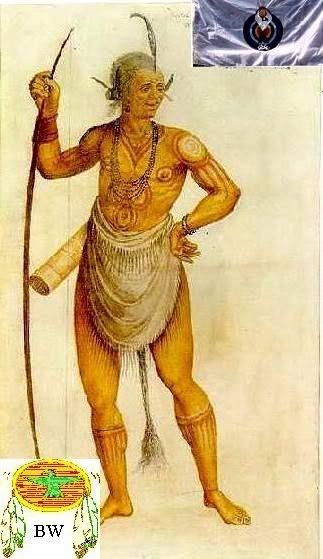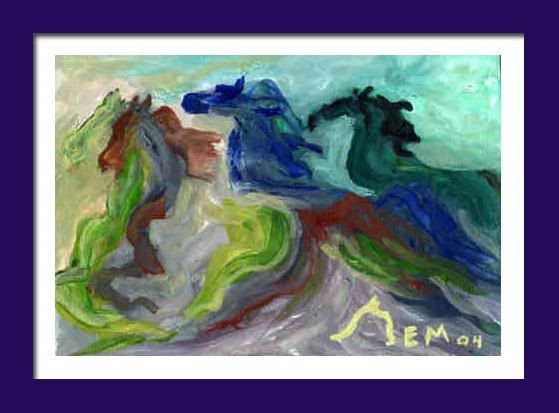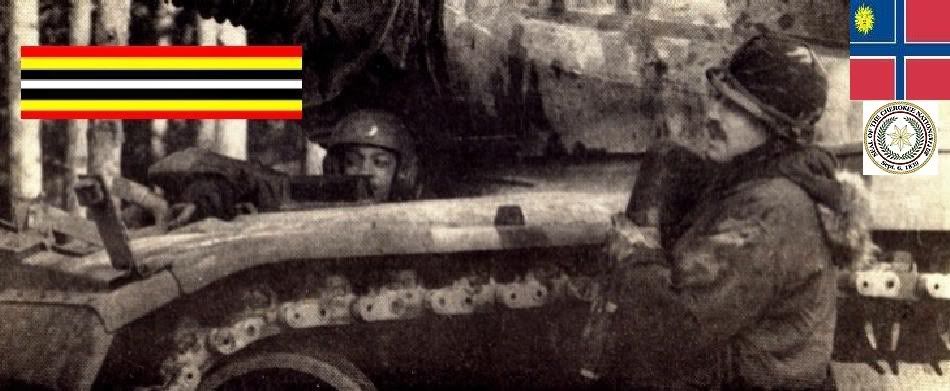|

Warriors Citation
Chief Opechancanough
Opechancanough is first mentioned in connection with Capt. John Smith, who set out in the winter of 1607–1608, shortly
after the founding of Jamestown, to explore the Chickahominy River. On his way to find the river's source, Smith was taken
prisoner by a hunting party of the Pamunkey tribe and brought to Opechancanough, who in turn took him to Powhatan. According
to a well-known story, Smith's life was then saved by Powhatan's daughter Pocahontas.In 1618 Powhatan (or Wahunsonacock) died,
and Opechancanough, who was his brother, became chief of the Powhatan Confederacy, a group of several tribes inhabiting eastern
Virginia, including the Pamunkey, Mattapony, and Chickahominy.

Although relations between the Indians and the English had been relatively peaceful since the marriage of Pocahontas to John
Rolfe in 1614, the growing number of English settlements in the area was making the Indians fearful and angry because of the
loss of their hunting grounds. On Good Friday, March 22, 1622, Opechancanough led an attack on the settlements outside Jamestown,
killing 347 colonists. The English retaliated soon after, and a bitter cycle of attacks and reprisals continued for the next
ten years. Finally, in 1632, the two sides reached a peace agreement, but it lasted for only 12 years. In the spring of 1644,
Opechancanough led one last uprising, killing some 500 colonists. This time, however, he was captured. Later he was murdered
at Jamestown, reportedly by an English prison guard. In 1646 the governor of Virginia forced the Indians to accept a treaty
under which they ceded much of their land to the English. From: historical accounts & records


LINK TO BRAVEHORSE WARRIORS VOLUME TWO
|

